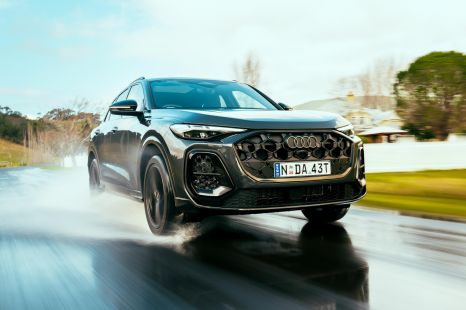

James Wong
2026 Audi SQ5 review: Quick drive
6 Days Ago

News Editor
While electric vehicles are multiplying rapidly, the uptake of hydrogen has been slower.
The latest car to use this niche technology is the Renault Master Van H2-Tech prototype, which has been developed as part of the HYVIA joint venture between the Renault Group and hydrogen fuel-cell specialists Plug Power.
Production will begin by the end of 2021, with the van available to European consumers in 2022.
The Master Van H2-Tech is equipped with a 30kW fuel cell, a 33kWh battery, and four tanks each containing 1.5kg of hydrogen.
It promises a range of up to 500km, and will take just five minutes to fill up at a HYVIA hydrogen refueling station.
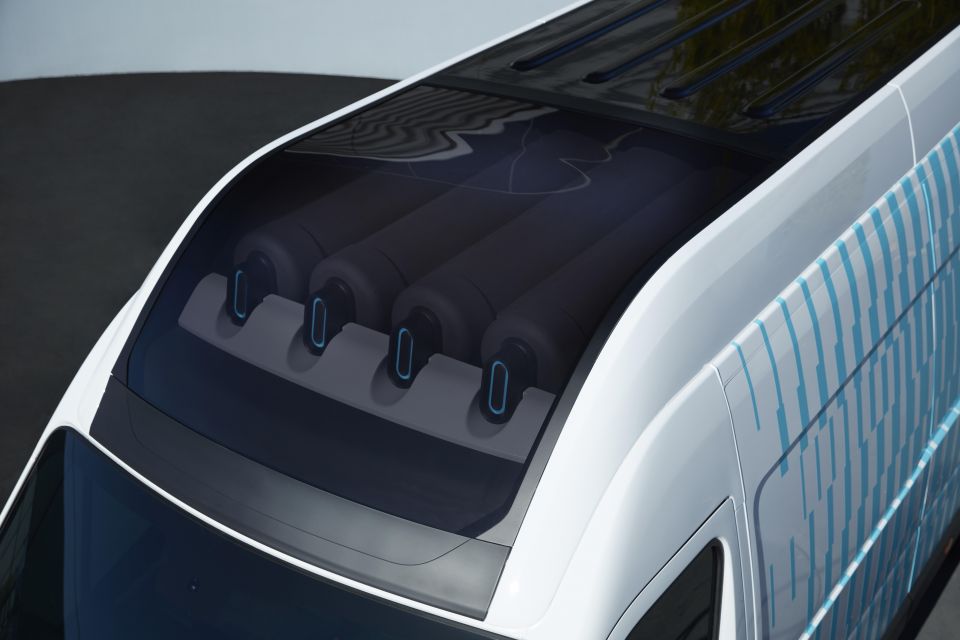
That figure is considerably greater than the battery-electric Master Z.E., which has only 120km of range.
As a hydrogen fuel-cell electric vehicle, it can also boast zero CO2 emissions, with the only emission being water vapour.
Renault says it still has 12m3 of cargo volume. The internal-combustion engine Master has between 12.4 and 13m3 of cargo volume in long-wheelbase guise.
The company is also planning to reveal a chassis cab with around 250km of range, plus a 15-passenger minibus with a range of about 300km.
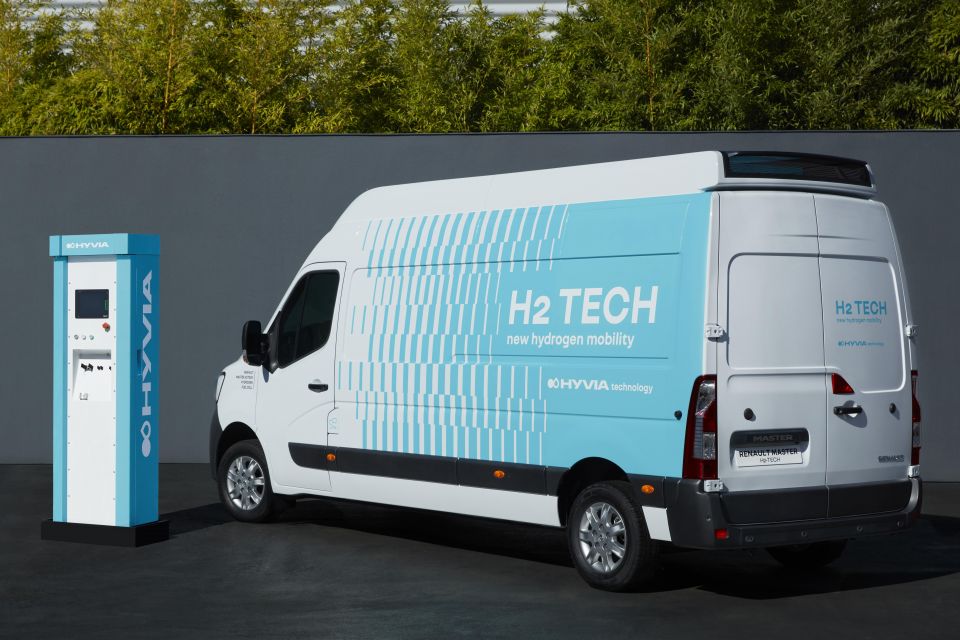
It’s a very French affair, with the electric motor, fuel cell assembly, hydrogen tanks and the vehicle itself all set to be manufactured in France.
The Master can be refuelled at a HYVIA station, which has hydrogen either stored in gaseous tube trailers or generated on-site using water electrolysis.
These stations are available to purchase, lease or rent.
The reveal of Renault’s hydrogen van follows Stellantis’s unveiling of its three hydrogen vans the segment below earlier this year.
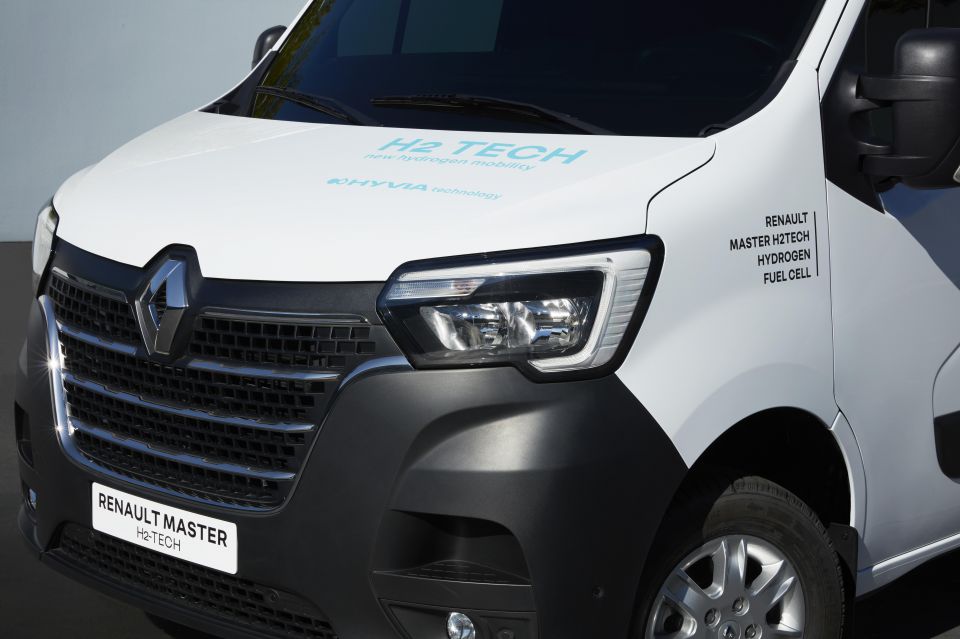
The Peugeot e-Expert Hydrogen, Opel Vivaro-e Hydrogen and Citroen e-Jumpy hydrogen use a fuel-cell, a 10.5kWh lithium-ion battery, and a 100kW/260Nm electric motor like that of the regular battery-electric vans.
The vans boast 400km of electric range, again superior to the battery-electric variants which offer between 230 and 330km.
While hydrogen vans are only just starting to become available, manufacturers like BMW, Honda, Hyundai and Toyota have been developing and selling FCEV passenger cars and SUVs for some time.
Of particular note are Hyundai and Toyota’s efforts, with their Nexo and Mirai, respectively, the only FCEVs available in Australia albeit only as vehicles leased to government fleets.
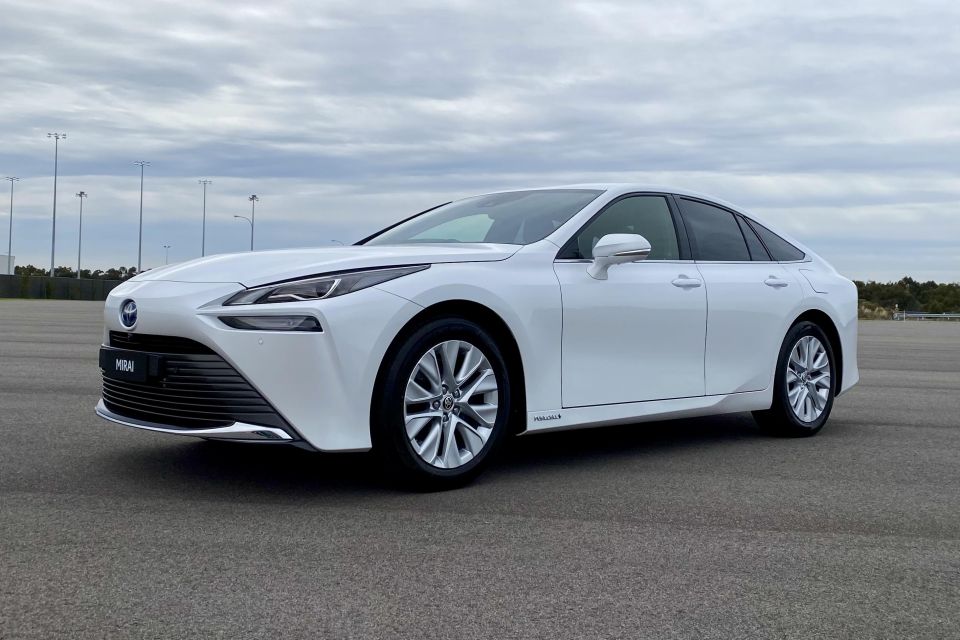

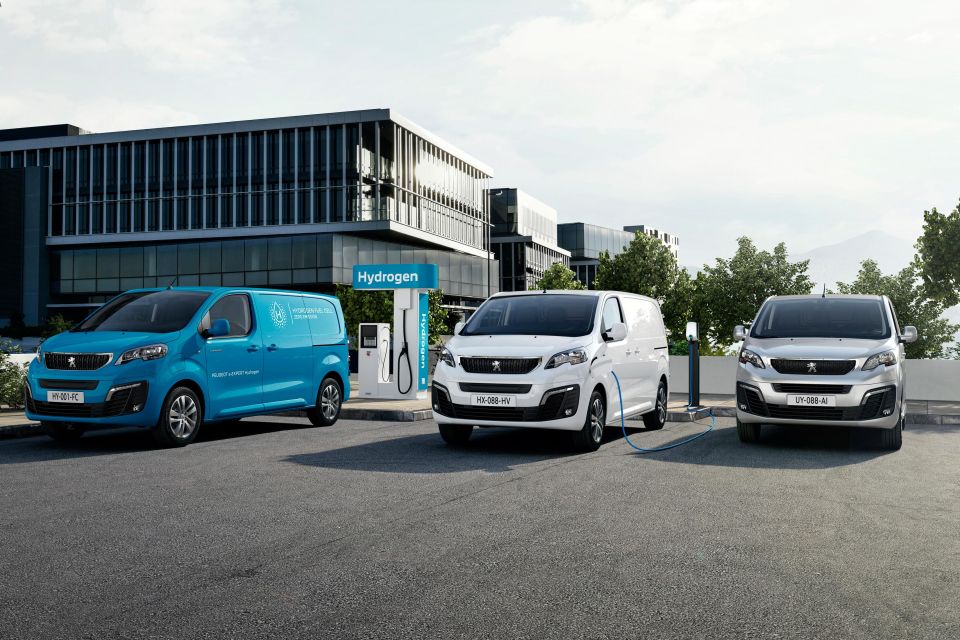
Hyundai recently announced it will introduce a next-generation FCEV drive unit in 2023 and ramp up production, with a new Nexo and a FCEV version of its Staria in the works.
The new FCEV stack will be around 50 per cent cheaper, and the Hyundai Motor Group will also make its full range of commercial trucks and buses to offer both battery-electric (BEV) and FCEV drivetrains from 2028.
By 2030, it’s aiming for price competitiveness between BEVs and FCEVs.
Where expert car reviews meet expert car buying – CarExpert gives you trusted advice, personalised service and real savings on your next new car.
William Stopford is an automotive journalist based in Brisbane, Australia. William is a Business/Journalism graduate from the Queensland University of Technology who loves to travel, briefly lived in the US, and has a particular interest in the American car industry.


James Wong
6 Days Ago
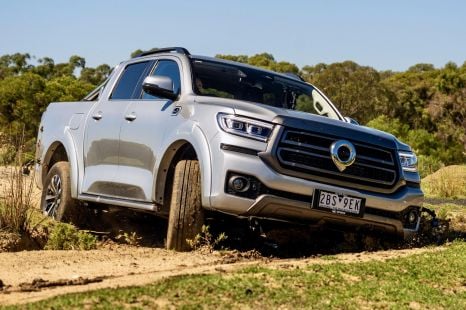

Max Davies
5 Days Ago
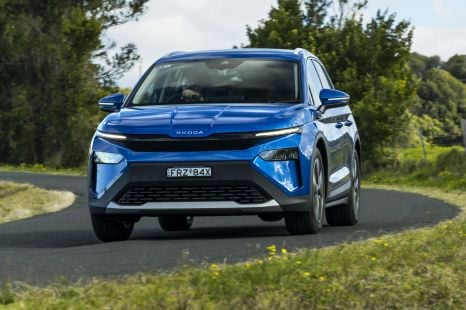

Josh Nevett
3 Days Ago
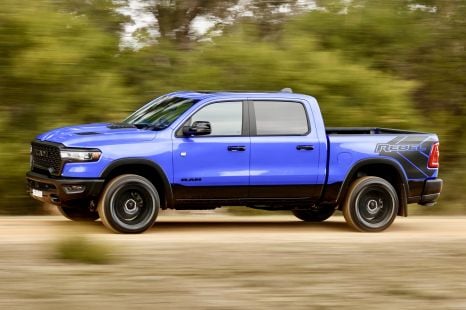

Max Davies
3 Days Ago
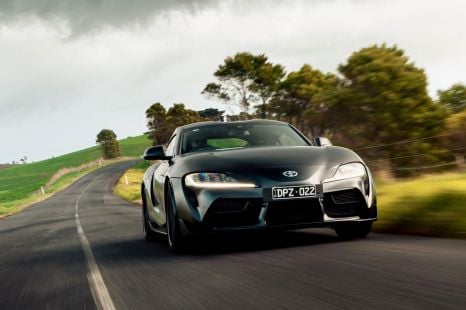

Max Davies
2 Days Ago
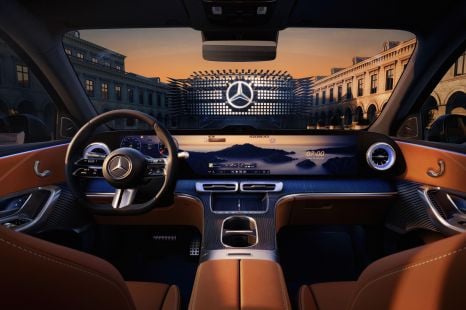

Derek Fung
1 Day Ago